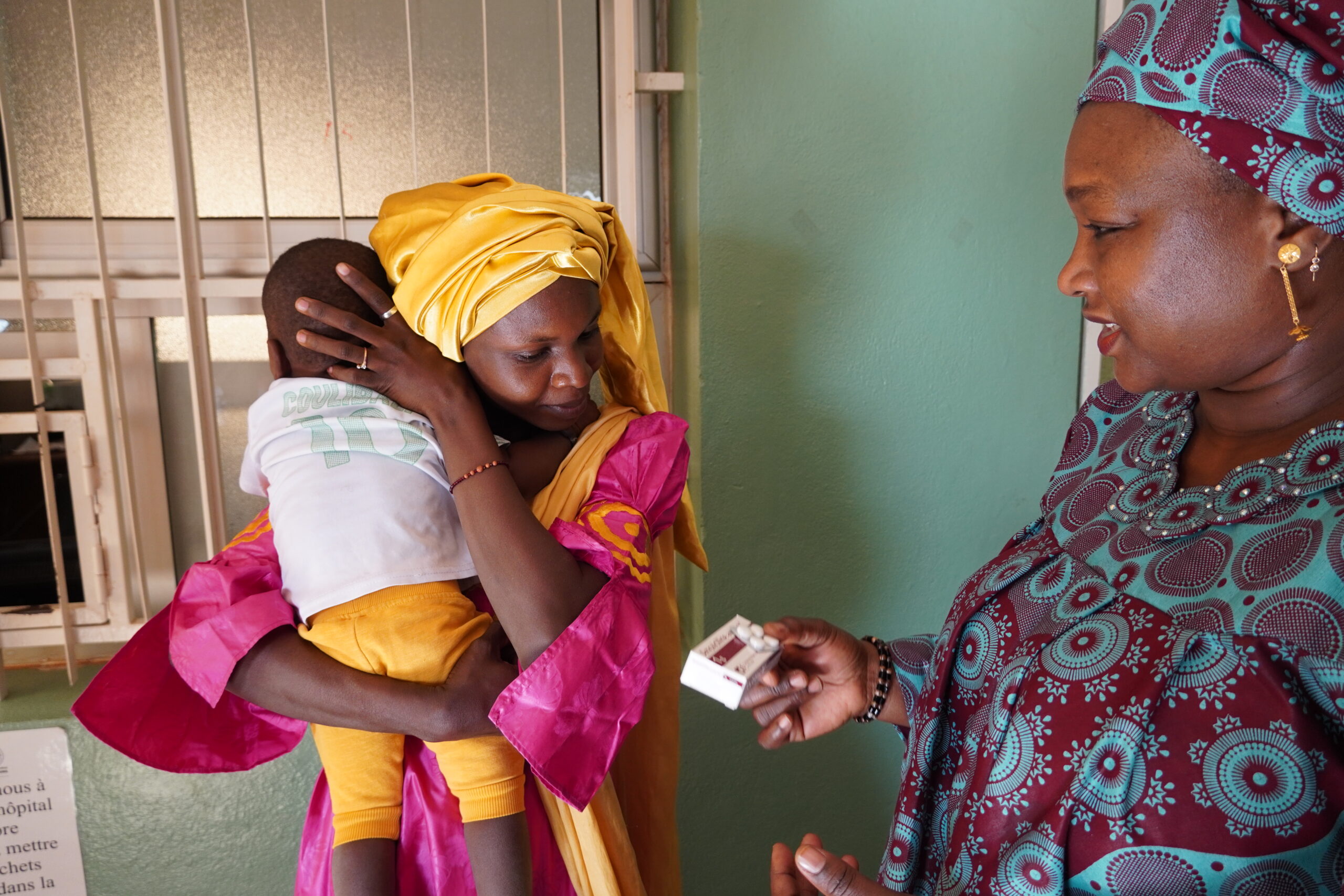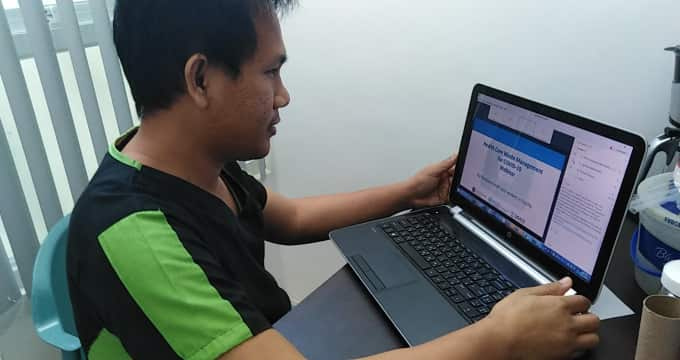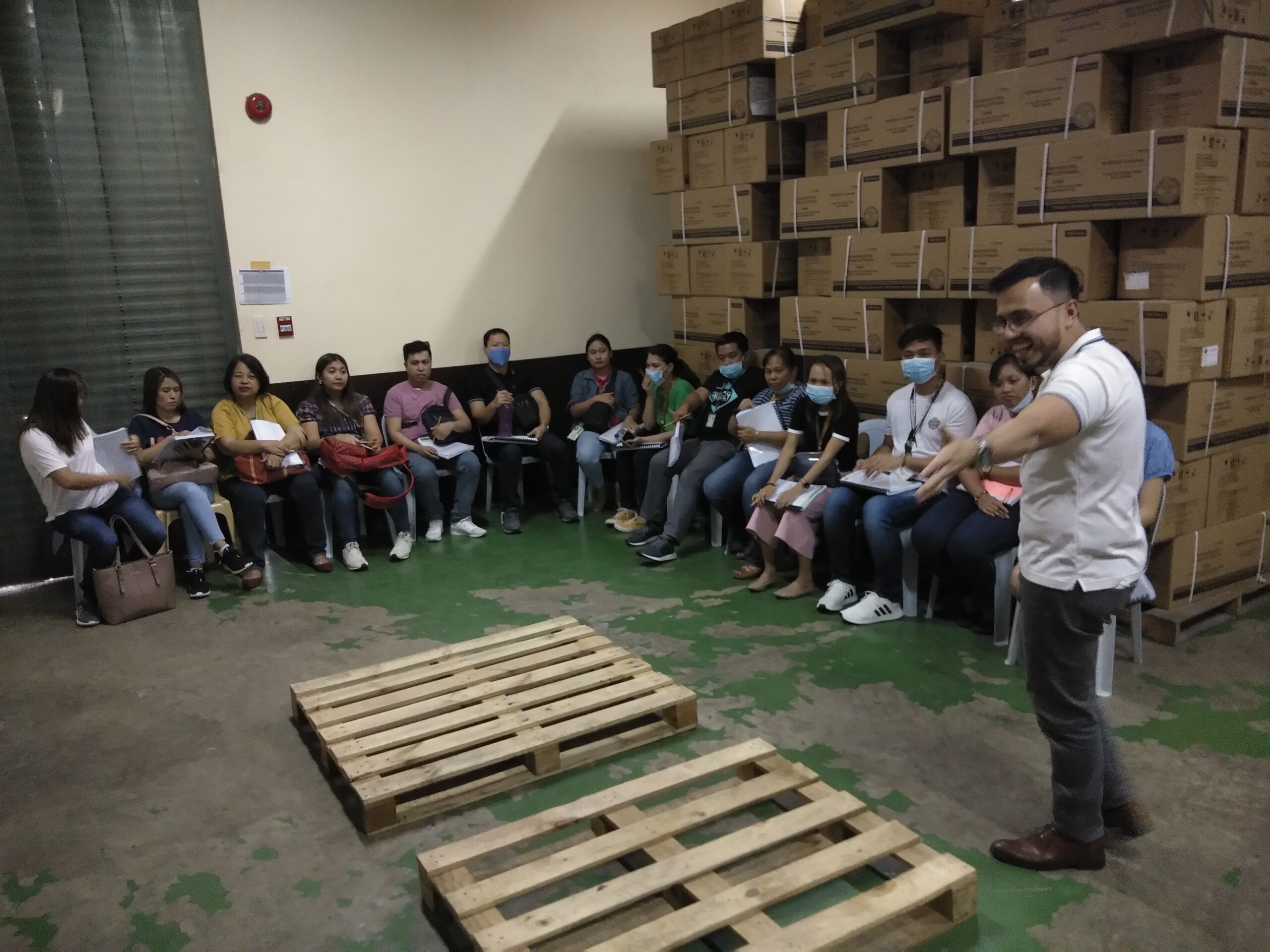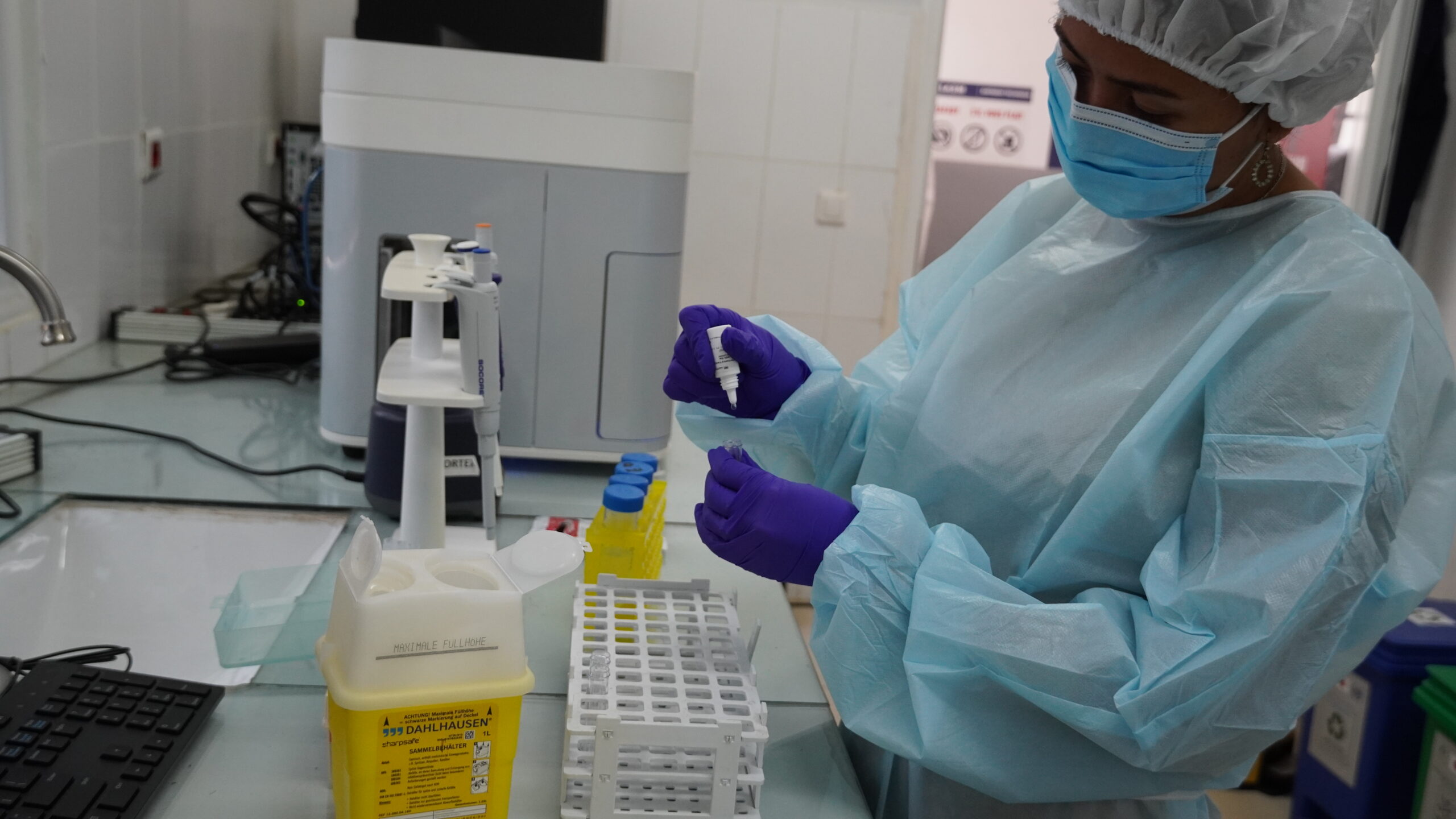The Medicines, Technologies, and Pharmaceutical Services (MTaPS) Program
The Medicines, Technologies, and Pharmaceutical Services (MTaPS) Program
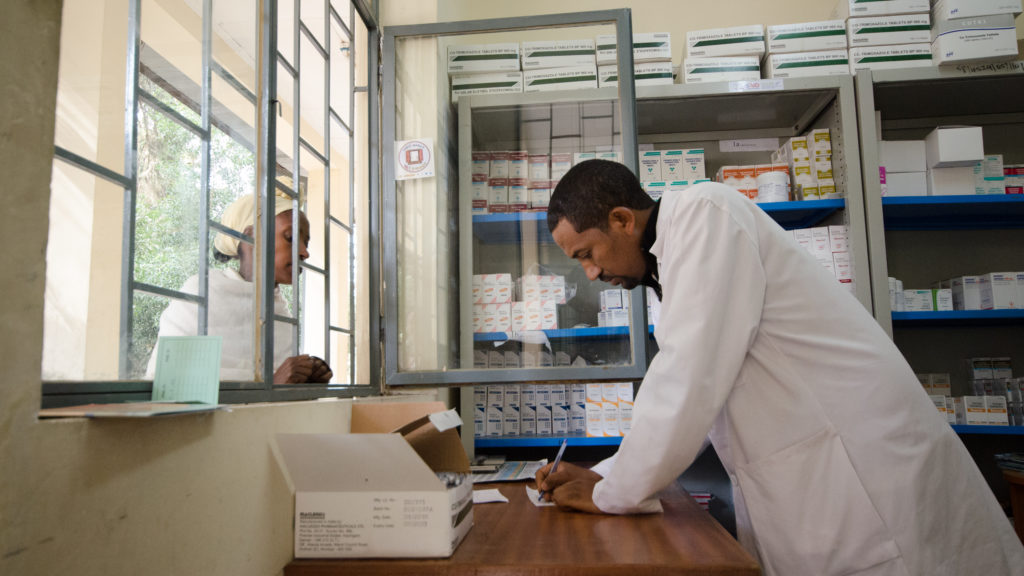
Overview
Access to safe and quality medicines at an affordable price and their responsible use by all populations can help countries prevent maternal and child deaths, create an AIDS-free generation, and protect their communities from infectious disease threats. Further, ensuring appropriate use of medical products can help control antimicrobial resistance (AMR)—a growing global threat that is making infections harder to treat.
Funded by USAID and implemented by a consortium led by MSH, MTaPS aimed to help low- and middle-income countries strengthen their pharmaceutical systems to ensure sustainable access to and appropriate use of safe, effective, quality-assured, and affordable essential medicines and pharmaceutical services. The five-year program built on the work of its predecessor program, the USAID-funded Systems for Improved Access to Pharmaceuticals and Services (SIAPS) Program. As a core part of its work, MTaPS supported USAID’s efforts under the Global Health Security Agenda to combat AMR. These efforts were directed toward building countries’ capacity to optimize their use of antimicrobials and avert infectious disease threats, thus securing health nationally and globally.
The program’s approach to strengthening pharmaceutical systems was to:
- Improve pharmaceutical-sector governance
- Strengthen the national regulatory system
- Increase institutional and human resource capacity
- Increase the availability and use of pharmaceutical information for decision-making
- Improve pharmaceutical-sector financing
- Strengthen supply chain management
- Enhance pharmaceutical services, including building pharmacovigilance systems and improving pharmacy practices
Webinar: Health Workforce Development through the Lens of Sustainable, Locally Led Development
In this webinar, Management Sciences for Health (MSH) discusses country partnerships in Kenya, Rwanda, and Uganda, focusing on how various health workforce interventions are taking a systems-approach to capacity strengthening in order to ensure that improvements last beyond the project cycle and are managed under the ongoing custodianship of local actors.
Identifying and Addressing Challenges to Antimicrobial Use Surveillance in the Human Health Sector in Low- and Middle-Income Countries: Experiences and Lessons Learned from Tanzania and Uganda
Digital Tools for Pharmaceutical Systems
Donors & Partners
Donors
The United States Agency for International Development (USAID)
Partners
The African Union Development Agency-NEPAD (AUDA-NEPAD)
Boston University
FHI360
International Law Institute-Africa Centre for Legal Excellence (ILI)
Overseas Strategic Consulting
Results for Development
